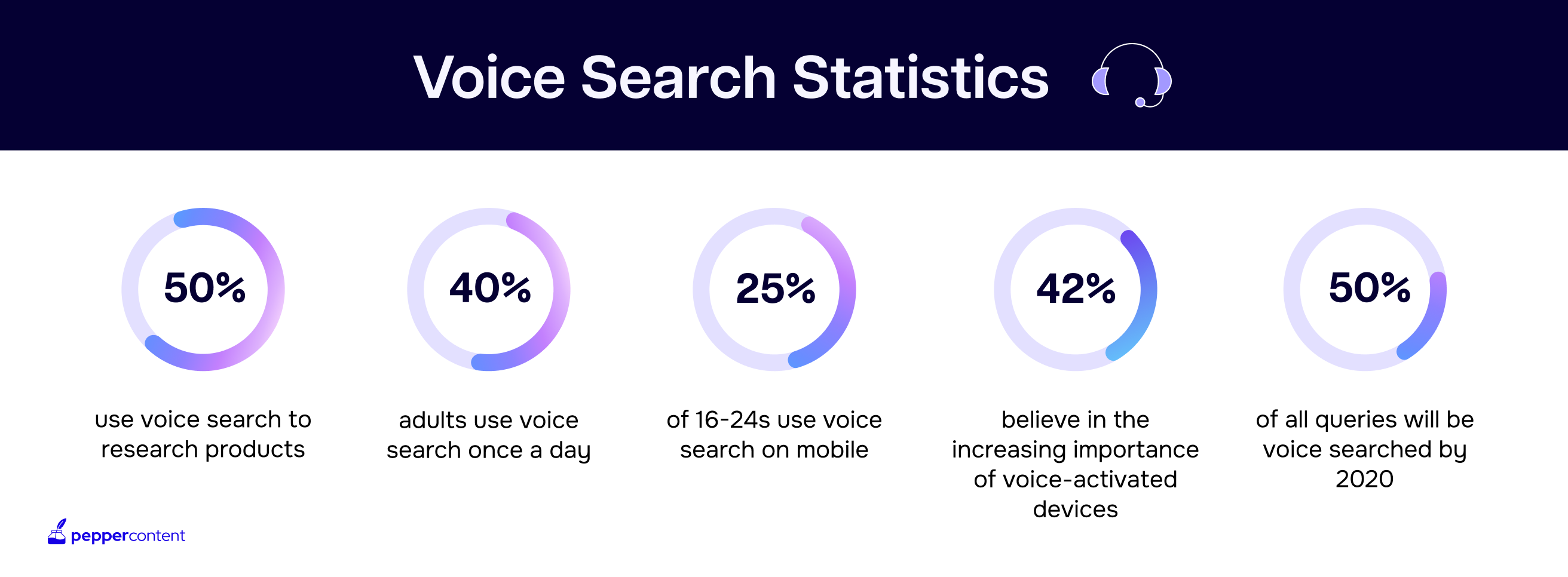Content Marketing Evolution: 5 Bold Predictions for the Future

Content marketing has come a long way in the past decade. What started as a trend has now become an essential part of every marketer’s toolkit. With the rise of digital platforms and the ever-increasing demand for valuable and engaging content, brands have realized the power of storytelling to connect with their audience.
Let’s dive into five bold predictions that will shape the future of content and bring about an evolution of content marketing. These predictions aren’t just wishful thinking; they are grounded in current trends and emerging technologies that are set to revolutionize the industry. So buckle up, fellow marketers, because it’s time to take your content game to the next level!
Prediction 1: Enhanced Personalization through Advanced Analytics
When it comes to content marketing, personalization is the name of the game. And with the rapid advancements in analytics tools, marketers have an unprecedented opportunity to unlock deeper insights into customer preferences and deliver highly personalized experiences.
Take Netflix, for example. The streaming giant has mastered the art of recommendation algorithms, analyzing viewing patterns to tailor content suggestions to individual users. By leveraging AI-driven analytics platforms, marketers can tap into a wealth of data and segment their audience based on demographics, behavior, interests, and more.
But personalization goes beyond mere recommendations. Marketers can use advanced analytics tools to create targeted campaigns that speak directly to specific audience segments. By understanding what makes each group tick, they can craft content that resonates deeply. Whether it’s addressing pain points or offering solutions, personalized content drives engagement and fosters loyalty.
In a world where attention spans are dwindling and competition is fierce, personalized marketing is not just a nice-to-have; it’s a must-have. The power of advanced analytics lies in its ability to uncover invaluable insights that shape content strategies and drive results. Harnessing this technology will be key to staying ahead in the ever-evolving content marketing landscape.
Prediction 2: Interactive and Immersive Experiences
In today’s fast-paced digital landscape, consumers are constantly seeking new and exciting experiences. Gone are the days when static content could hold their attention for long. As we look into the evolution of content marketing, one clear prediction emerges – the demand for interactive and immersive experiences will continue to soar.
Take a moment to think about how much our lives have been transformed by technology. From virtual reality headsets to augmented reality apps, these innovations have opened up a whole new world of possibilities for marketers. And companies like IKEA are already making the most of it.
Imagine being able to see how that new couch would fit in your living room before making a purchase. Thanks to IKEA’s augmented reality app, this is now possible. By simply pointing your smartphone at an empty space in your home, you can visualize different furniture options and find the perfect fit without leaving your house. This level of interactivity not only enhances the customer experience but also builds trust and confidence in the brand.
But it doesn’t stop there. The rise of technologies like virtual reality and gamification further pushes the boundaries of storytelling. Brands can create immersive experiences that transport consumers to different worlds and engage them on a whole new level. Picture yourself exploring a virtual store where you can try on clothes or test products before buying them. These interactive encounters not only captivate audiences but also leave a lasting impression that traditional content simply cannot match.
As content marketers, we must embrace these emerging technologies and leverage them to create memorable experiences. By incorporating interactive elements into our strategies, we can capture the attention of consumers who are constantly bombarded with information.
So, as we look ahead to the evolution of content marketing, let’s remember that static content alone won’t cut it anymore. It’s time to think outside the box and immerse our audience in captivating experiences that will leave a lasting impact.

Prediction 3: User-generated Content as a Key Strategy
In an era where authenticity is highly valued, user-generated content (UGC) has emerged as a powerful tool for brands to harness customer advocacy and build trust. By encouraging customers to share their experiences, opinions, and creativity, companies can tap into the immense potential of UGC to foster brand loyalty and create a sense of community.
The power of UGC lies in its ability to humanize brands and provide social proof. When potential customers see real people sharing their positive experiences with a particular brand or product, it instills confidence and credibility. Moreover, UGC serves as a valuable source of feedback for companies, enabling them to understand their audience better and tailor their offerings accordingly.
UGC also has the potential to significantly expand a brand’s reach. Social media platforms serve as fertile ground for users to create content related to their favorite brands. Whether it’s through Instagram posts, YouTube videos, or TikTok challenges, UGC allows brands to tap into the vast networks of their customers’ followers and gain exposure to new audiences.
To leverage the power of UGC effectively, brands need to create an environment that encourages user participation. This can be achieved by implementing contests, challenges, or interactive features that prompt users to share their experiences creatively. By acknowledging and rewarding user contributions, brands can foster a sense of belonging and ownership within their customer base.

Prediction 4: Sustainability and Social Responsibility
In today’s socially conscious world, sustainability and social responsibility have become key considerations for consumers. As the global climate crisis worsens and people become more aware of their impact on the environment, brands that embrace sustainable practices are gaining a competitive edge. This prediction highlights how incorporating sustainability and social responsibility into strategies will be crucial to its success and an important milestone in content evolution.
One example of a brand leading the way in this area is Patagonia. Their “Don’t Buy This Jacket” campaign was a bold move to encourage conscious consumption and reduce waste. Instead of urging customers to buy more, they encouraged them to think twice before making a purchase, emphasizing the importance of choosing quality over quantity. By aligning its messaging with environmental values, Patagonia was able to foster a strong connection with environmentally-conscious consumers.
This prediction emphasizes the power of sustainability and social responsibility in content marketing. When brands showcase their commitment to these values, they not only attract environmentally-conscious consumers but also build trust and loyalty among their audience. Customers appreciate brands that take responsibility for their impact on the planet and actively work towards positive change.
As the content marketing evolution unfolds, sustainability and social responsibility will continue to be important factors influencing consumer behavior. Brands that adopt these principles will not only contribute positively to society but also position themselves as leaders in their respective industries. So, if you want your content marketing strategy to stand out in the future, remember that sustainability isn’t just a buzzword—it’s a catalyst for long-term success.

Prediction 5: Voice Search Optimization
As technology continues to advance at lightning speed, the way we search for information is also evolving. Voice search has gained tremendous popularity in recent years, thanks to smart speakers and virtual assistants like Amazon Alexa and Google Assistant. In fact, according to a study by ComScore, 50% of all searches will be voice-based by 2020. This shift towards voice search calls for content marketers to optimize their strategies accordingly.
One company that has already embraced this trend is Domino’s Pizza. They partnered with Amazon Alexa to allow customers to order pizzas through voice commands. This innovative approach not only makes ordering more convenient but also enhances the overall customer experience.
To adapt to the rise of voice search, content marketers need to optimize their content for conversational language and anticipate the specific queries users may ask their virtual assistants. This means incorporating long-tail keywords and natural language into their content creation process.
For instance, instead of targeting a keyword like “best pizza,” marketers can focus on phrases like “Where can I find the best pizza near me?” or “What’s the closest pizza place?” By understanding these user intents, brands can create content that directly answers these questions and provides valuable information.
Furthermore, marketers need to ensure that their content is easily accessible through voice search devices. This includes optimizing website structure, utilizing structured data markup, and ensuring fast page load speeds. By doing so, brands can increase their chances of appearing in voice search results and reaching a wider audience.

In conclusion, the evolution of content marketing is set to be an exciting and dynamic landscape. With the potential of generative AI in content creation and the rise of advanced analytics tools, marketers can unlock deeper insights into customer preferences and deliver enhanced personalized experiences. The demand for interactive and immersive content experiences is growing, fueled by technologies like augmented reality and virtual reality. User-generated content will continue to be a key strategy, harnessing customer advocacy and authenticity to build trust and foster brand communities.
Additionally, sustainability and social responsibility will play a vital role in content marketing, resonating with environmentally-conscious consumers. Finally, voice search optimization will become increasingly important as smart speakers and virtual assistants gain prominence. By embracing these predictions and adapting their strategies accordingly, marketers can stay ahead of the game in this ever-evolving field.
Introducing Pepper CMP
As content marketing evolves, so will the way you deal with content. Imagine a content marketing platform where you can ideate, create, manage, distribute, and analyze all your marketing campaigns on a single dashboard!
Pepper CMP sits at the perfect intersection where Pepper Content has utilized the capabilities of its AI-powered content assistant, Peppertype.ai, and created never-before-seen workflows to manage content from strategy to analytics, all within one tool. Book a free demo now!
Latest Blogs
Explore how Google’s 2025 AI search updates triggered ranking chaos. Learn actionable strategies to adapt your SEO for AI Overviews, zero-click searches, and SERP volatility. Stay ahead now.
Learn how to rank on AI search engines like ChatGPT, Perplexity, and Gemini by optimizing your content for authority, structure, and relevance. Stay ahead in AI-driven search with this strategic guide.
Explore the best healthcare SEO services for your medical practice. Improve online visibility and effectively reach more patients in need of your services.
Get your hands on the latest news!
Similar Posts

Content Strategy
5 mins read
Choosing The Best Healthcare Marketing Agency For Effective Content Solutions

Content Marketing
4 mins read
Top 10 Agencies B2B SaaS Content Marketing for B2B Success

B2C Marketing
5 mins read
